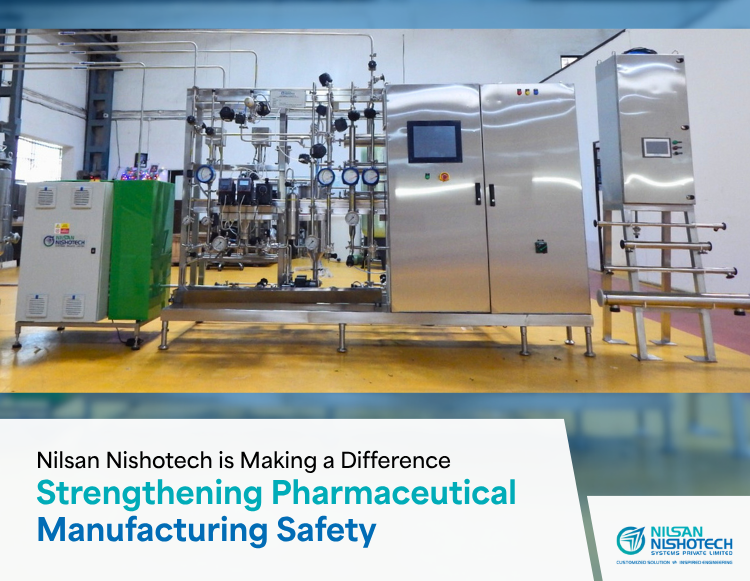2. Cooling Water
Water is the most crucial nutrient for the ration of milking cows. It constitutes more than 80% of the total intake by weight. Therefore, water quality is of utmost concern in the dairy industry, and issues like excess iron can lead to poor animal performance and health problems, which can be a business breaker.
The treatment options for water depend on the water quality issues. The massive volumes of water are the primary problem when treating drinking water on dairy farms. A high-producing dairy cow consumes at least 50 gallons of water daily, and when considering the water consumption of hundreds or thousands of cows, the dairy industry requires a water treatment plant that can handle such a large volume of water daily.
Different water treatment options include distillation, reverse osmosis, ion exchange resin systems, oxidation and filtration via aeration (commonly called an “iron curtain”), and hydrogen peroxide injection systems.
Considering all these challenges, Nilsan Nishotech has been providing innovative solutions to meet the unique requirements of the dairy industry for the last three decades. Our latest technology and systems have been specifically designed to meet the growth requirements of the dairy industry while reducing operating costs.

